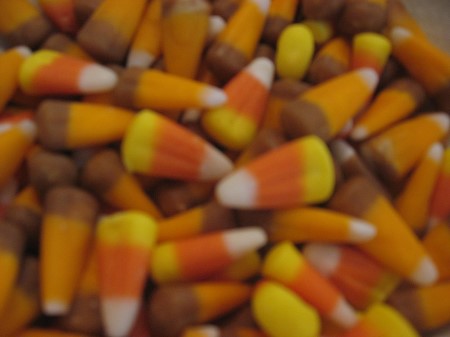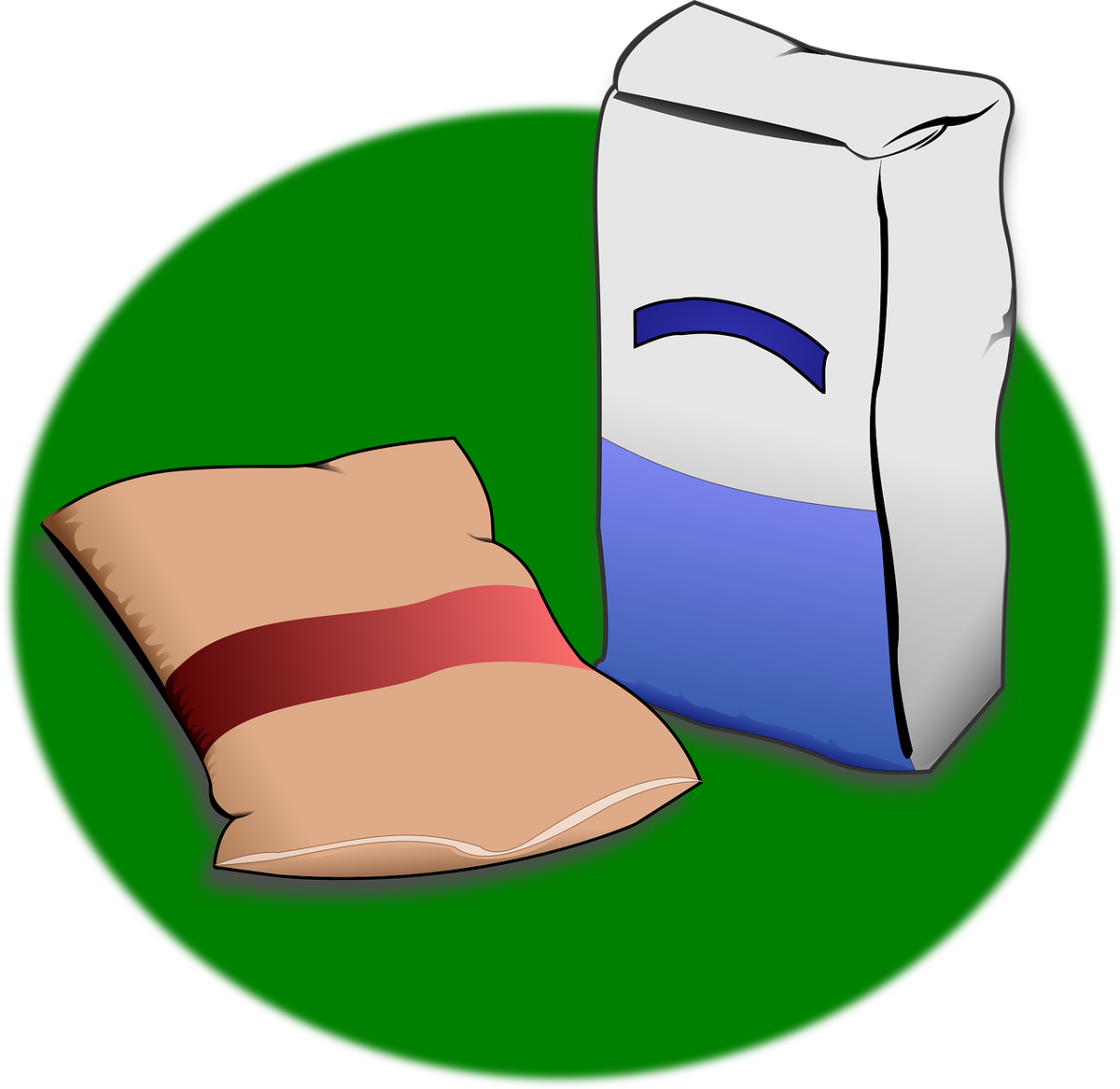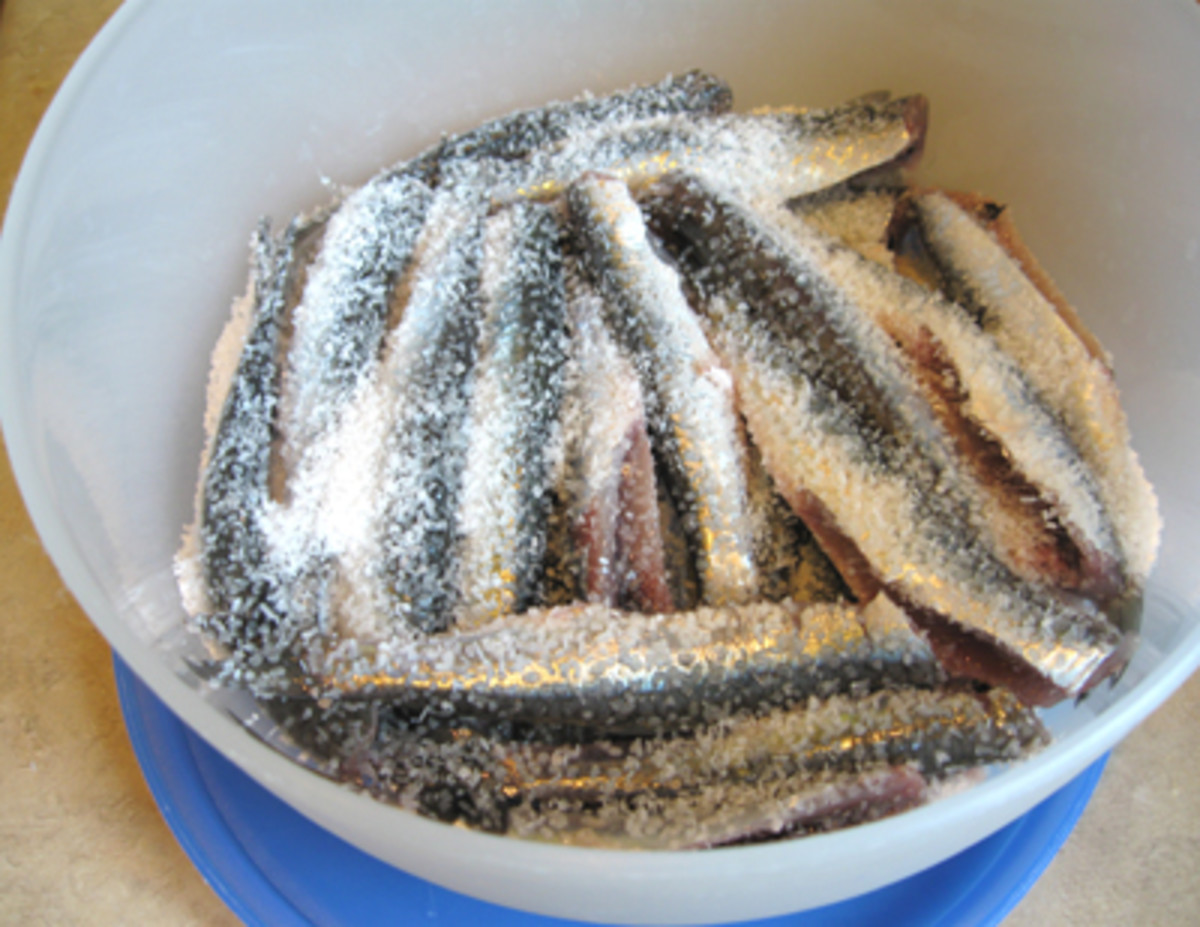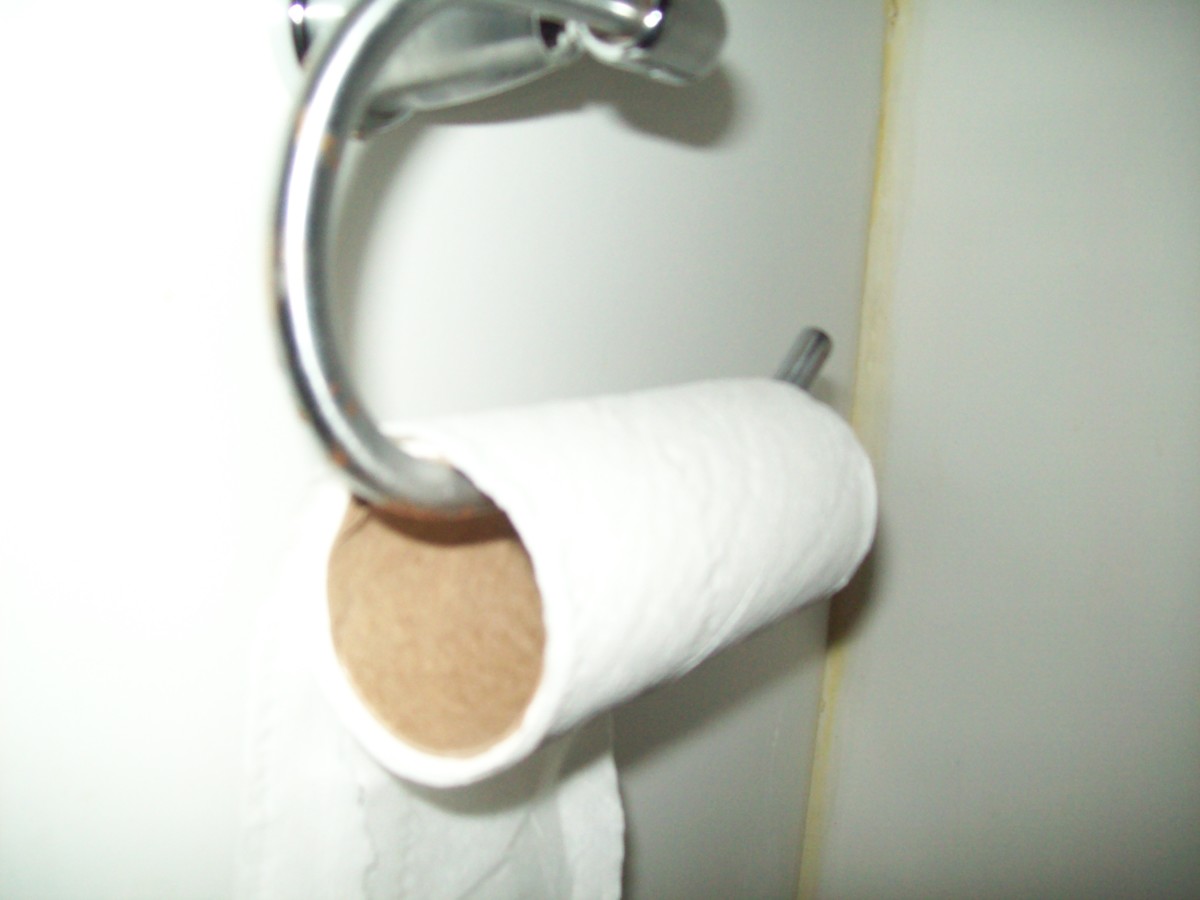3 Reasons to Take the Corn Free Challenge

If you've read my hubs, or my blog, or even just know me in passing, you know that I'm adament about corn allergy advocacy. I'm not against corn. I don't think it really is evil incarnate. It's just a potential allergen, a trigger food product that I, and others like me, need to avoid.
Michael Pollan first brought the question of our society's reliance on corn crops to light in the book Omnivore's Dilemma. The concern isn't about a single crop. It's about the way a single crop has infiltrated our lifestyle. The Corn Refiner's Association themselves claim that the majority of products on the grocery store shelves contain some kind of corn derivative. Hospital stays are a journey through chemically altered corn fields, with corn starch dusted gloves, corn derived excipients in medications, air fresheners and cleaners, paper gowns, and even dextrose solutions in IVs. Corn is in our walls, our clothing, and our carpets. Ethanol is a potential fuel for cars. Corn can be turned to plastic polymers that may or may not be better for the environment than the petroleum based plastics.
As miraculous as it might be for a crop to yield so many different uses in our world, our forefathers would have warned us against relying on a single crop for so many uses. Despite genetic modification, corn plants are still falling prey to rootworms. At the same time, herbicide resistant weeds are emerging in response to the prevalence of Roundup Ready crops. When we rely on one crop for plastics, foods, and medication then we are setting ourselves up for exorbitant rises in costs if and when that crop experiences a failure. The more we come to rely on one source, the harder the fall will be.
The corn free challenge was developed in response to the movie King Corn, a documentary that raises awareness about the process of growing corn and it's prevalent use in society. The goal of the challenge isn't to boycott a product, nor is the goal to improve participant's health. The goal is to simply raise awareness and encourage participants to think.
Think you're already mindful of the food that goes into your body? What about that tricolor toothpaste you use twice a day? Or the hand sanitizer you use at the grocery store? What about the environmentally friendly disposable coffee cup at your favorite corner coffee store? Not to mention that multi vitamin, your breakfast, lunch, dinner and snacks. Or your shampoo. Your make up. Your personal care products...you get the picture?
The corn free challenge isn't about completely eliminating all traces of corn from your life. Although some of us strive for that end simply for health reasons. The challenge is to limit your use of corn in order to raise your awareness of what's in our food. (And that goes for chemicals, petroleum based food colorings, and potentially genetically modified crops like soy and canola as well as corn)
Why Should I Participate?
Giving up corn is tantamount to giving up...everything. At first sight, giving up corn for any real length if time might look like fasting. But it can be done. And if you aren't doing it for allergy related reasons, your task is a lot easier than that of those who struggle with an actual allergy or intolerance.
The original corn free challenge was set by the King Corn filmmakers, Curt and Ian, in 2007. While awareness of high fructose corn syrup use in foods has grown, it's no easier to avoid corn derivatives now than it was then. The challenge is just as challenging, and just as rewarding. Still need just one good reason to participate? I'll give you three.
- Awareness is the first step in action. You don't have to give up corn permanently. But most people are unaware of what exactly is in the food they eat. The Corn Free Challenge encourages you to examine each and everything you put on your plate, and what exactly is nourishing your body. You might not want to think too much about what's in your food, but how can you protect your health if you don't know what's impacting it? You'll find that you're not just scanning for corn. You'll see other ingredients that keep cropping up on labels. You'll discover unexpected additives and coloring agents. You'll re-evaluate what you really want to spend your money on.
- Solidarity. You might not really know anyone with a corn allergy. But you might. By taking the corn free challenge, you can begin to understand what their life is like. Of course, for you, the consequences of eating a slice of cheese dusted with cornstarch are going to be limited to your own disappointment. For someone with a corn allergy, a single slip up can incapacitate them for days. Understanding where an individual with allergies is coming from puts the truth in labeling debates into better perspective. Whether you care about GMOs and corn derivatives or not, knowing what's in your food should be a basic right. Giving up corn for a week, or a month, or 40 days, raises awareness about how food is labeled as well as what's actually in it.
- Eat Healthier. No, I'm not saying corn is bad for you. But by giving it up for just a week, or a month, you'll be forcing yourself to look more closely at unprocessed foods. You'll be giving yourself permission to dine on vegetables, beans and grains (besides corn). Maybe you've been meaning to cut back on soda, or try a few more salads. Maybe you keep saying your going to lose a few pounds. Giving up corn is a wake up call. It will introduce variety into your diet, and encourage you to find ways to make your own foods. You'll either learn to cook, or starve looking for something pre-made.
How Corn Literate Are You?
view quiz statisticsHow Does the Corn Free Challenge Work?
Participants in the corn free challenge get to choose how they want to participate, and what their own restrictions are. The goal of the challenge is to raise awareness, so if you want to limit your dietary challenge to just giving up corn syrup, that's fine. If you're already limiting your corn sweeteners and want to try giving up all corn derivatives (after all, how hard can it be?), then that's your challenge.
While some people start with a 24 hour challenge, to really understand the depth of our society's reliance on corn a longer challenge makes a better impression. Try a corn free week. Or a corn free month. You might even choose to go corn free for Lent, the holiday that starts on Mardi Gras and lasts through Easter. Whatever your motivations are, choose a specific goal. Write it down.
You might want to get a game plan in place first, or just wing it. (You'll eat better if you have a game plan) Since the goal is to raise your awareness, print up the list of corn derivatives and start reading labels. Be aware of what you're eating. And don't beat yourself up for mistakes...there are a lot of stumbling blocks when it comes to corn free dining. It's not likely that you'll get truly 'corn free' in a challenge, unless you live on a farm and eat only the food you grow yourself. But even if you end up only giving up the most obvious forms of corn you'll come out of the challenge more aware of how much we rely upon this one crop in our lifestyles. From fast food to frozen dinners, it's what we eat. But rarely in it's whole form.
What do you get from the Challenge?
There isn't really a prize. All you gain from the challenge is a stronger awareness, and more knowledge. What will you do with that knowledge?
You might ask yourself what happens if something were to happen to the corn crops. If rootworms were to suddenly infest several states. What would we as a society do to compensate? If corn were just one of many crops we relied on, there would be other items to take it's place. We might have to do without presliced cheese, and tapioca would dust the hospital gloves. But if we aren't already using a variety of crops to supply our daily needs, the loss of one single crop becomes more detrimental overall.
This year's peanut crop had such a poor yield that prices on that cheap kitchen staple have risen at least 30%. And peanuts are mostly used in peanut butter, or peanut oil. Imagine that trend spread over a crop that is a vital part of over half the items in your local grocery store.
You might ask yourself about the rising trend in allergies, and whether or not increased exposure to a pathogen really does increase your risk of developing an allergy. And whether it's really a good idea to expose children to a barrage of corn derivatives on a daily basis.
Of course, awareness is just one step. After that, you may feel motivated to do something. If our reliance on one crop concerns you, start by purchasing pure products, and ones that are corn free. Let manufacturers know you want products that don't have a lot of additives. Let them know you are concerned with the over use of corn, specifically (or whatever it is that actually concerns you).
Or you may not feel motivated to act. You might not be concerned at all. That's okay, too. After all, the goal of the challenge is to raise awareness. Knowledge is power. What you do with that power is up to you.



